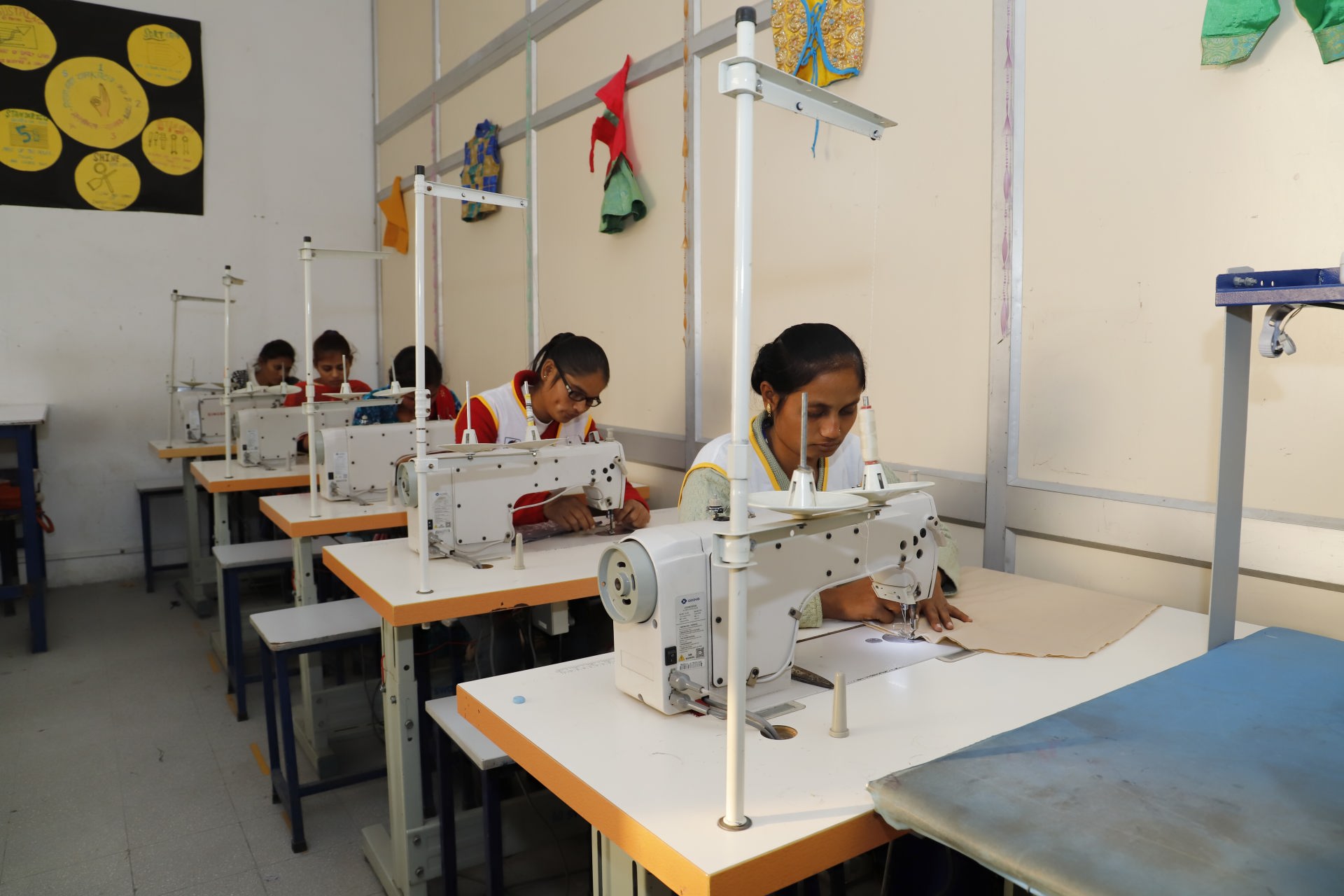World Bank calls for new laws to enforce gender parity in India

India may wish to consider mandating equal remuneration for work of equal value, says the World Bank (Image: Aman Kanojiya)
According to a new report by the World Bank, India scored 74.4 out of a total of 100 possible points in the Women, Business, and the Law 2023 index.
India’s performs poorly in the ranking as it lags behind numerous other developing economies such as Ghana, Zimbabwe, Nepal, and even the war-torn Democratic Republic of Congo.
For measuring India’s performance, the Index used data on the laws and regulations applicable in the financial capital Mumbai, viewed as the country’s most important business city.
World Bank suggests that India’s major reason for lagging behind in terms of gender equality is because of its poor legislation on the gender pay gap, inheritance, and property rights.
‘‘To improve on the pay indicator, India may wish to consider mandating equal remuneration for work of equal value, allowing women to work at night in the same way as men, and allowing women to work in an industrial job in the same way as men,’’ the report suggests.
But not everyone thinks that more laws are needed to promote gender equity at workplace, pointing instead at poor implementation of the existing laws.
“The legislature might consider introducing the law explicitly addressing the pay gap however, India already has numerous legal provisions advocating equality. The Constitution of India provides equal rights to women and men as it advocates for the eradication of discrimination on any ground, be it gender, sex, caste, creed, race, or place of birth, which is explicitly enumerated in the fundamental rights mentioned explicitly in Articles 14 and 15. Besides these, Article 16 provides for equality of opportunities in matters of public appointments for all citizens. Further, it also empowers the state with the authority to take positive discriminatory measures in its favour in order to reduce the cumulative burden of socioeconomic, educational, and political disadvantages that women face,” Shashank Sharma, a practicing lawyer at Delhi High Court tells Media India Group.
Women, Business, and the Law Report 2023 and the World
The report is the 9th in a series of annual reports that analyse laws and regulations affecting women’s economic opportunity in 190 economies. The report is based on mobility, workplace, pay, marriage, parenthood, entrepreneurship, assets, and pension for women.
In the report merely 14 countries out of the 190 scored 100, which include Sweden, Spain, Luxembourg, Latvia, Canada, Belgium, France, Denmark, Germany, Iceland, Greece, Ireland, the Netherlands, and Portugal. With the exception of Canada, the rest are all European economies.
“Closing the gender employment gap could raise long-term GDP per capita by nearly 20 pc on average across the globe. Studies estimate global economic gains of USD 5–6 trillion if women started and scaled new businesses at the same rate as men do,” says the report.
In the report the Global average score stood at 76.5 out of 100 in 2022. The data further suggests that only 77 pc of the women in the world are privileged of equal of legal rights and nearly 2.4 billion women of working age around the world live in economies that do not grant them the same rights as men.
One of the most important issues in the report was the legal reform related to the gender gap and existing inequality. In 2022, merely 34 legal reforms related to gender discrimination were introduced across only 18 countries, representing the lowest number of legal reforms since 2001.
“At the current pace of reform, in many countries a woman entering the workforce today will retire before she will be able to gain the same rights as men, the report notes,” says the report.









